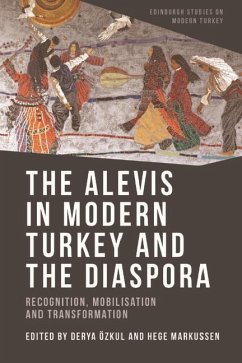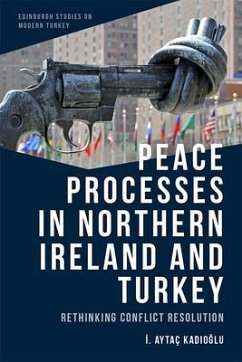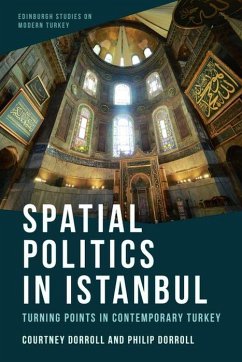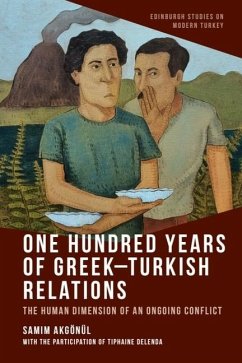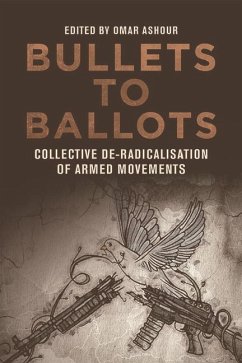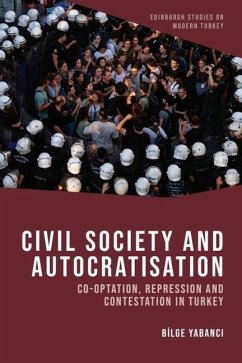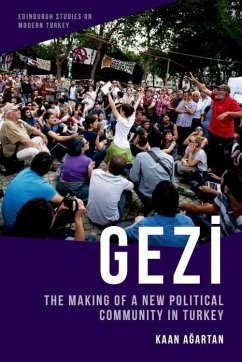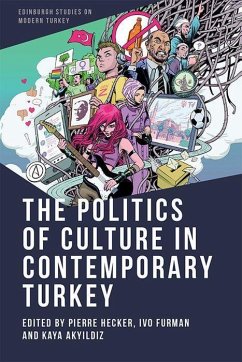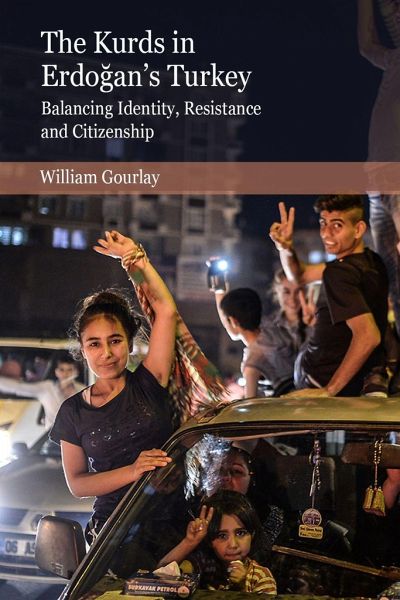
The Kurds in Erdoğan's Turkey
Balancing Identity, Resistance and Citizenship
Versandkostenfrei!
Versandfertig in über 4 Wochen
123,99 €
inkl. MwSt.
Weitere Ausgaben:

PAYBACK Punkte
62 °P sammeln!
Recording Kurdish voices from Istanbul and Diyarbak?r, Turkey's most important Kurdish-populated cities, this book documents Kurdish narratives of oppression and resistance, and enquires how Kurds reconcile their distinct ethnic identity and citizenship in modern Turkey.




